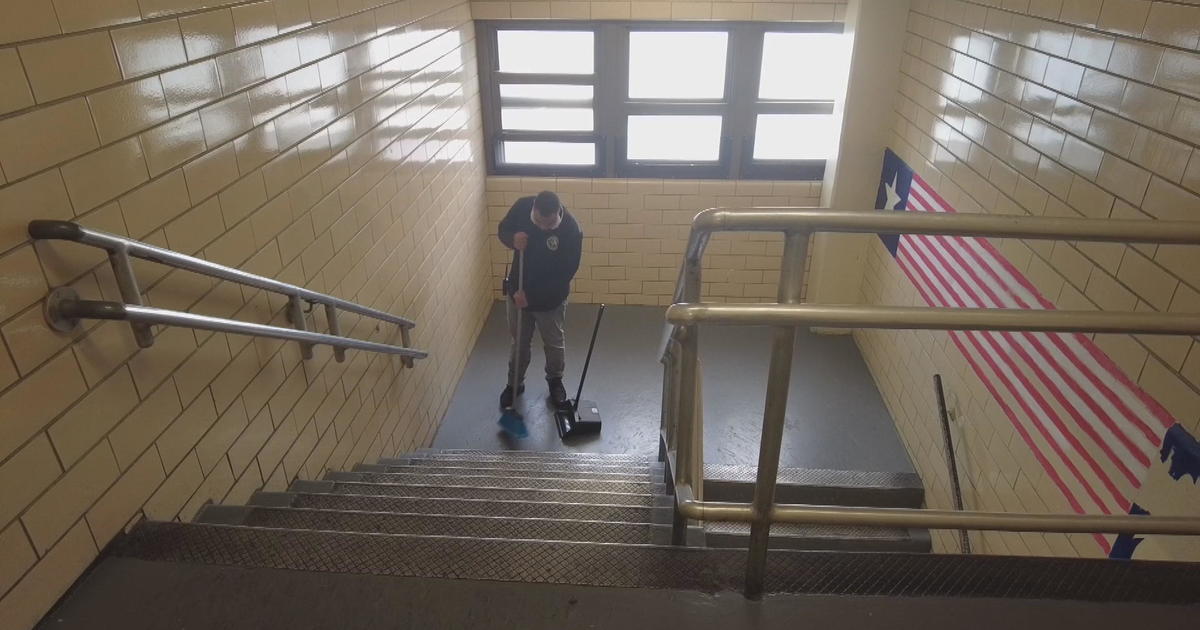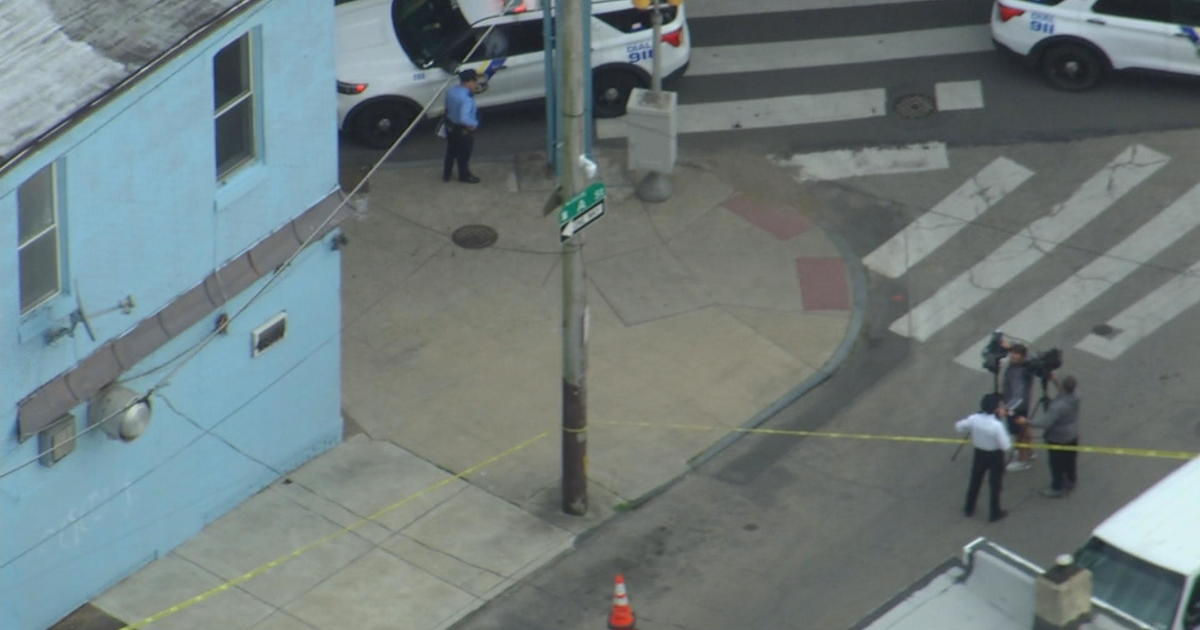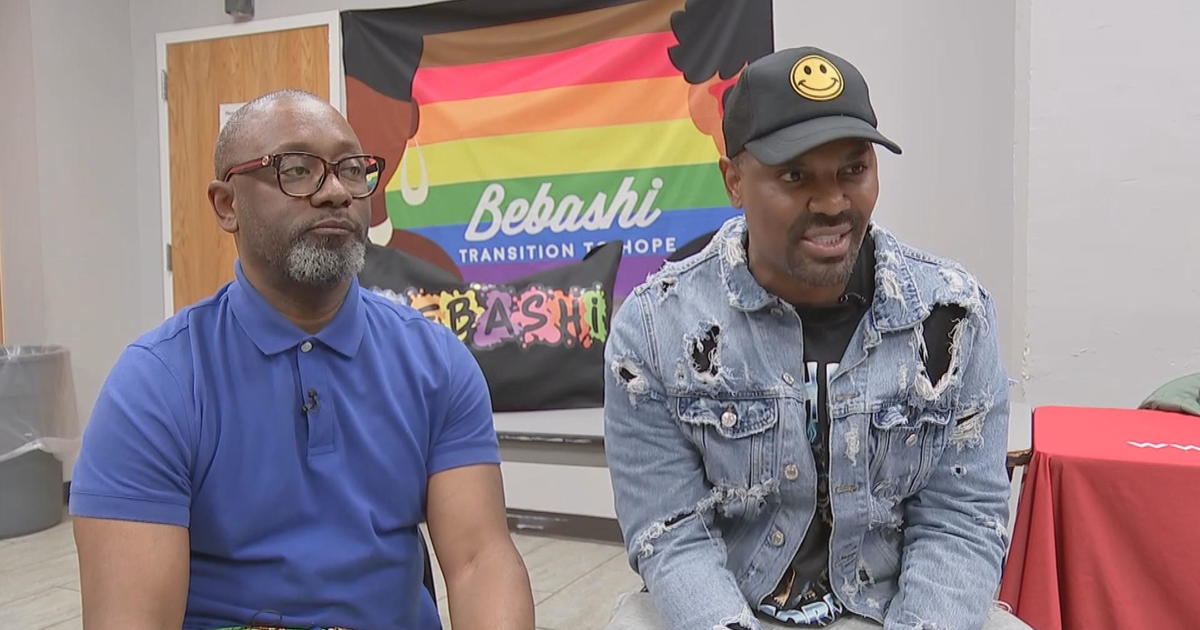Daylight Saving Time Can Make It Tough To Sleep
PHILADELPHIA (CBS) -- Sunday marked the start of Daylight Saving Time. With it comes extended evening daylight. But there's a dark cloud over that daylight when it comes to adjusting our body's internal clock.
It's more difficult for people to adjust to setting the clocks forward than it is when we set the clocks back. We've lost an hour a sleep and in the coming days we'll need to adjust to falling asleep and waking up earlier. Dr. Karl Doghramji, director of the sleep disorders center at Thomas Jefferson University, says it's called a sleep advance.
"People who are forced to advance their biological sleep-wake cycle are more vulnerable to having insomnia." he says, "That is they may have more difficulty falling asleep in the beginning of the night and they may have more difficulty waking up the next morning because they are programmed to sleep a little bit later."
Dr. Doghramji offers advice for starting your day.
"Make sure they get plenty of bright light in the morning to help resynchronize that rhythm," Doghramji says.
And later in the day....
"Avoid caffeine in the late afternoon hours and evening hours," he says. "To avoid light in the evening hours, light emitted by smart phones and PDAs and so on which may even further delay their biological sleep cycle to a later time."
Also, avoid stressful or high energy activities near bedtime.
Doghramji says taking a daily nap over the next few days can help in the transition. It can take anywhere from a few days to a week to adjust to the change.



